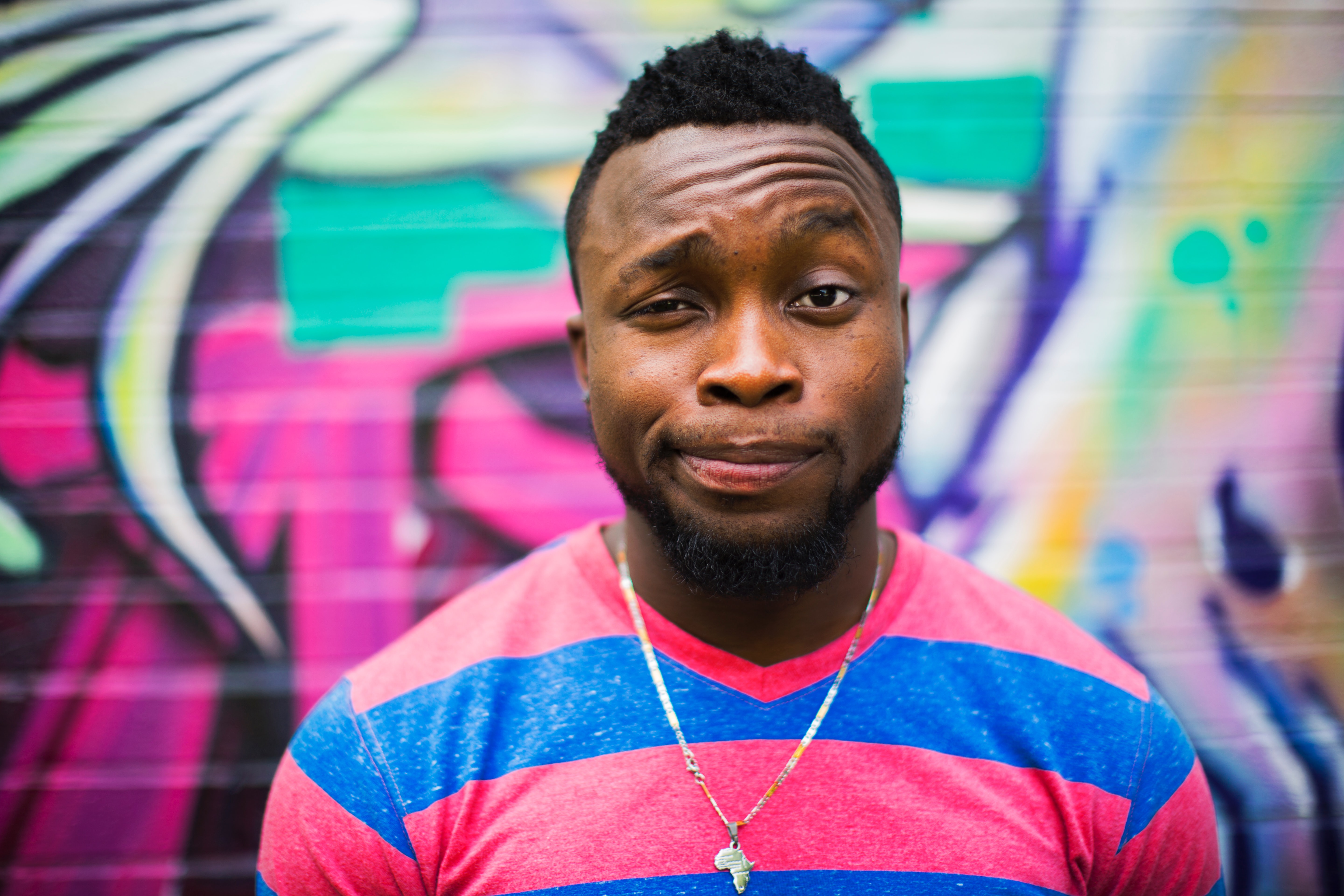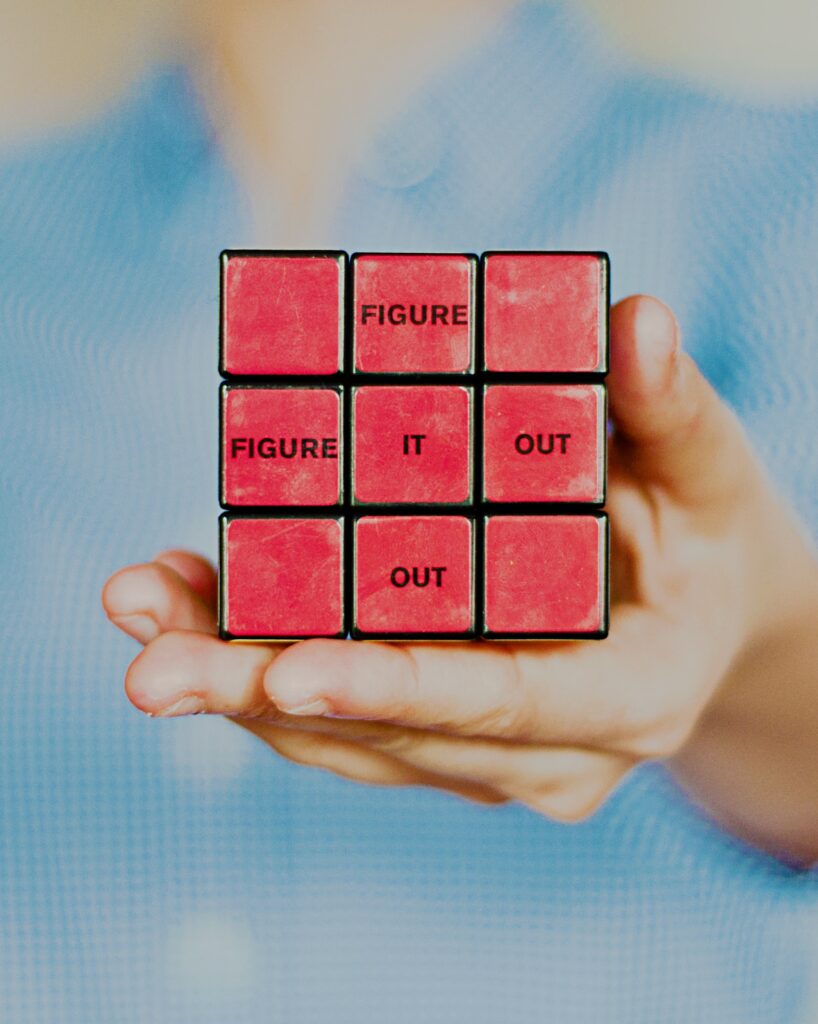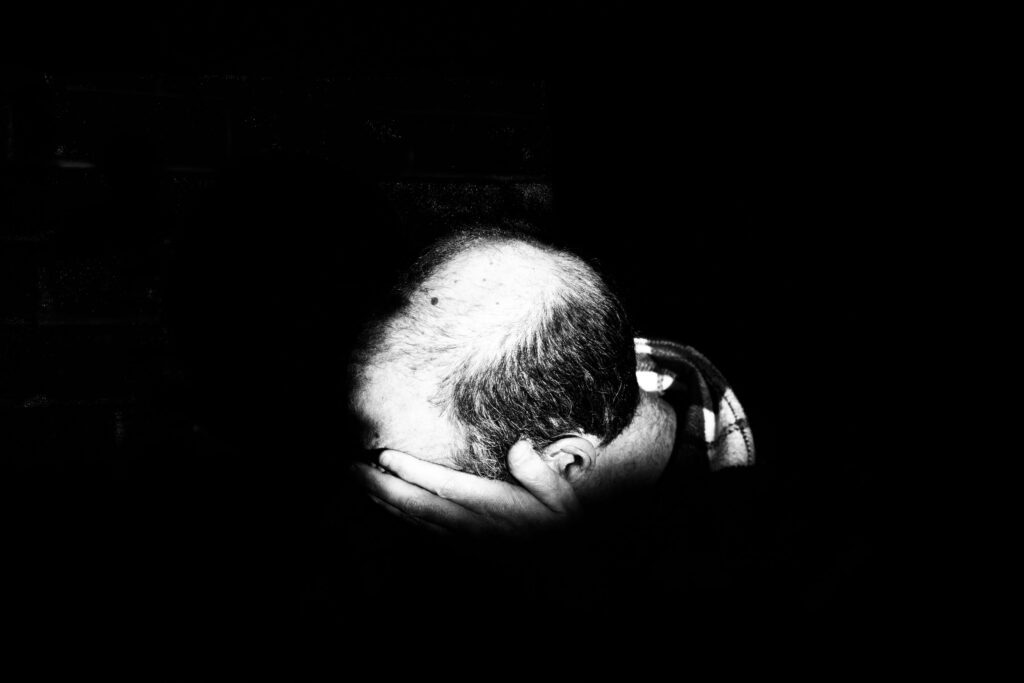It’s middle school. It was long past my first year in a PWI and it was time for a dance. At the time, I refused to dance, so I walked around with friends. I was in the hall when I was startled by my white friends getting excited and flooding toward the gym. Leaving the occasional Black kid in their wake, stunned and confused, looking after them as they ran.
Glancing at each other, we walked into the gym. The room was packed with jumping white teens screaming at the top of their lungs.
And then…I heard it for the first time.
“She took the midnight train goin’ anywhere
Just a city boy
Born and raised in South Detroit
He took the midnight train goin’ anywhere”
What… is happening?
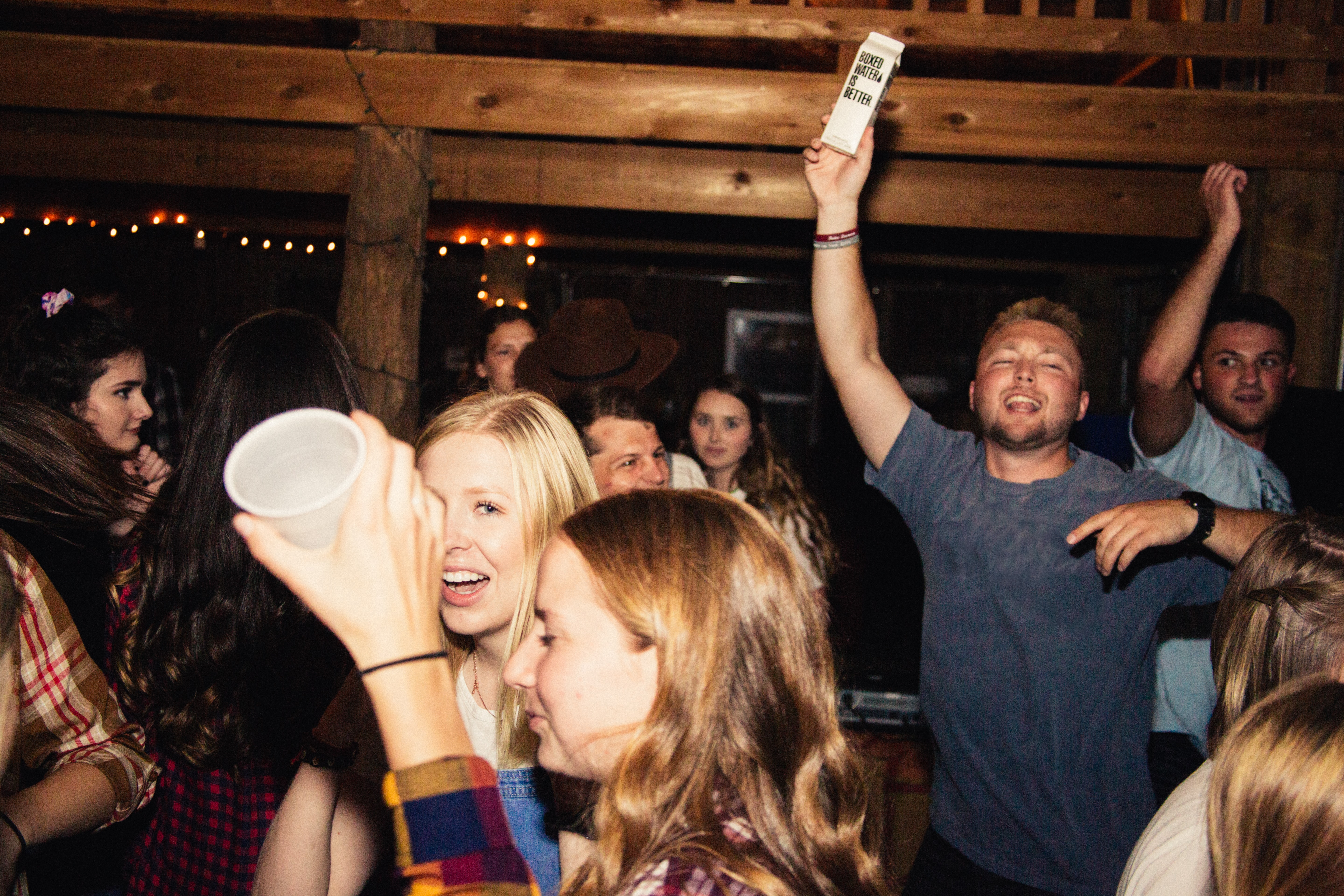
We stood together, about 6 of us, glancing at the other pod or two of Black kids. Making eyes trying to find out who knew what was going on. Everyone was confused and looked on as our classmates sang. I made eye contact with a white friend and got the impression she thought we were being stuck up. Not that we were feeling suddenly, and deeply, very foreign. The DJ continued down this path of white classics, and it was one of many reminders that even years later of living in a mostly white environment, I was the visitor in this space.
These were peers I’d spent serval years with. Until this point, the Black students were often comfortable dancing to party music. Most of which happened to be Black, even if it was some months/years out of date. Although we weren’t in a black space we were able to carve out little pockets of cultural comfort . Unfortunately with the shift in music came a shift in values, expectations, and culture. The white students’ collective shift smothered any breathing room we had, and suddenly we were drowning in a foreign culture. One so different, so contrasting and strange that there was little to do but to huddle together and stare.
They weren’t singing, and there was no harmonies. There was no call and response. They moved as a mass in all directions instead of rhythmically. No one seemed to be acknowledging each other and the goal seemed to be the most dramatic. The song didn’t make me want to move and I’d never heard it before.
Why it matters
I felt deeply uncomfortable and I didn’t know why. It wasn’t for many years before I started to realize what the issue was. It wasn’t as if this was the first time or even the biggest culture shock I’d had. What stood out to me was this deep feeling of otherness. This feeling that not only had I been missing something important, but as my white friend looked at me as if I were the one being alienating, I felt judged. Everyone always acted as though we were welcome until their culture conflicted with ours. While startled and thrown off it was expected that we adjust, or be deemed an outsider. We all knew being seen as an outsider meant a harder time.
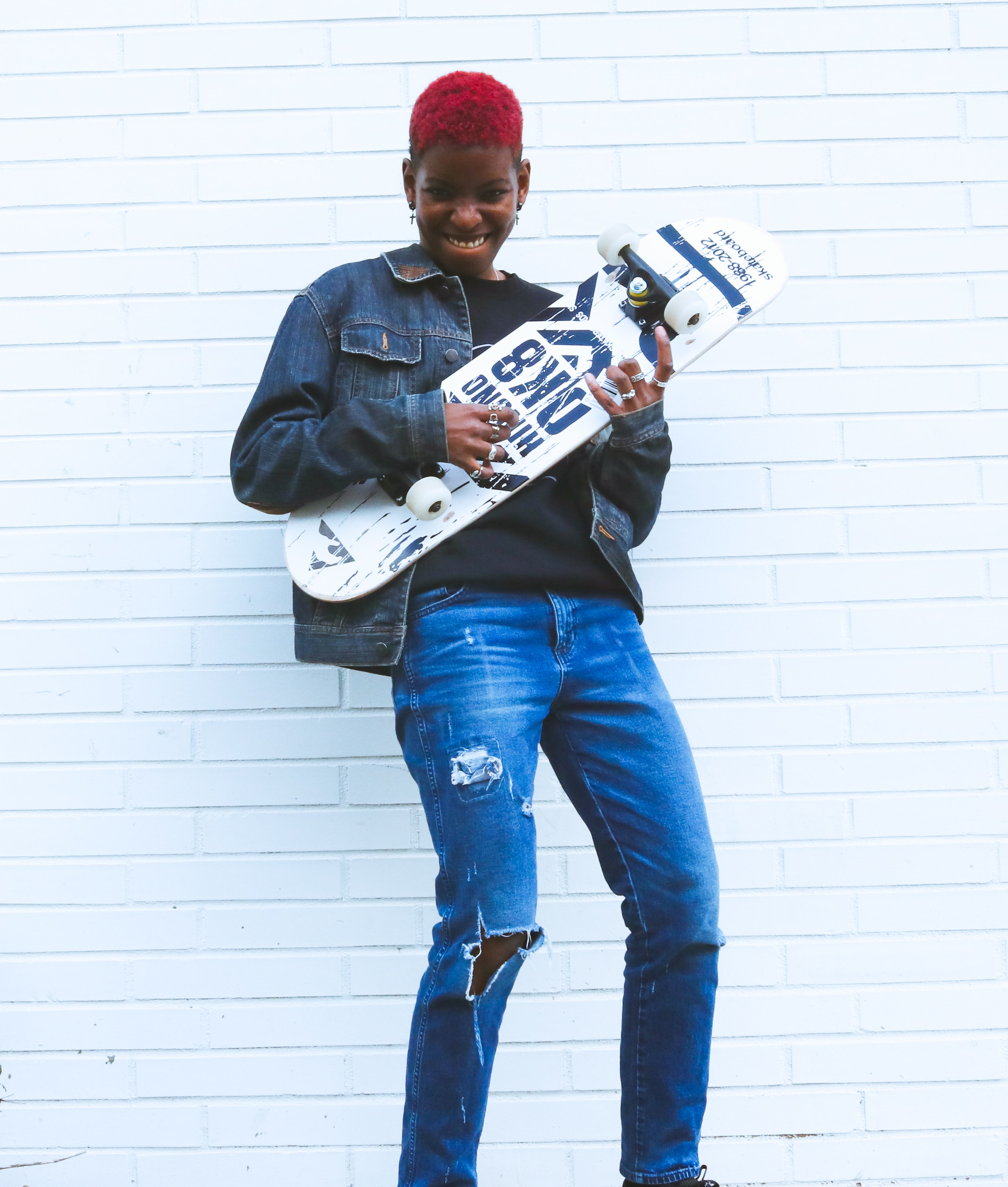
As my Black classmates got older many of us tackled this problem in a variety of ways. Some leaned deeper into our culture, policing theirs and other Blacks’ closeness to whiteness. Not seeing a way to avoid being an outsider, they leaned into it and deemed anyone publicly going along with whiteness as equally, not in their group. An enemy, judging them, bad-mouthing them, sucking up and betraying those of us who weren’t willing to “give up” our culture to fit in.
Others leaned deeper into subcultures. Many fighting hard to be seen as not Black but as a person. As if their mutual love of anime (despite many Black kids of all styles loved anime, privately) or other subcultures could overcome the feelings of otherness. Which often worked, until race reared its head again. As it always does.
Lastly, there was the group that both tried to hold on to their blackness AND learn about white culture. (Or at least pretend to get it) You learn to laugh off the comments about people not being able to help with clothes and makeup. You only get lightly defensive at white people being upset that you haven’t seen “classic films” heard, “classic songs”, or had their experiences. But most white people miss the whispered conversations of “what’s sixteen candles?”, “what’s Business time?”, and the like, as we desperately try to keep up and figure out what is important about these cultural touchstones.
Only feeling like you can breath and relax when Alicia keys comes on and you can hear someone else picking up the harmony, falling into singing rolls as more folks join you. Only to look at your white friends, surprised they aren’t participating, and they say “I don’t like R&B” and walk away.
Does it end?
The issue is, you can’t outgrow this experience. It never seems to go away. More importantly, it’s deeply entrenched in the experiences of white spaces. If you had the choice, is that a space you’d want to be?
Our culture is expressive, passionate, community and respect driven. We have our own classics, expectations and values. Yet, our personalities range just as much as white people. The difference is that the mirrored personality may not look or act in a white way. A classic example is the athletic anime fan. Many Black people are into nerdy activities but also practice a physical activity. Having a talent for art is highly valued. That skill may be sports, martial arts, music, and of course dance. The idea of the white “nerdy” dancer implies being non-athletic and there is a lot of bashing of sports in the community.
What do you think that says to the new Black nerd friend you tried inviting out, only for them to hear their favourite sport and passion bashed as stupid? When the Black person walking in the door grew up in a rich Black musical tradition, hears people clapping on 1 & 3 and getting weird looks to vocalizing appreciation, do you think that makes them feel like this is a space they can be themselves in?
What’s this series about?
I see online all the time variations of the question, what’s race got to do with it? Typically this is from older folks or quietly asked to me from younger folks who know they should know better but don’t know how to see past their own experiences. I think there is a lot of shame around this because many people are taught “not to see” race and so struggle to see when it’s right in front of their face. They also don’t want things to be unfair or more nuanced than they were taught and so come to the simplest answer.
Why does everything have to be about race?
I assume most regular readers won’t always find this surprising but it might be good to share! I want to highlight more diverse Black experiences and what race has to do with it.
Got a suggestion? Send me a message on any of the social media accounts. Want to support this and projects like it? Consider buying me a coffee!
